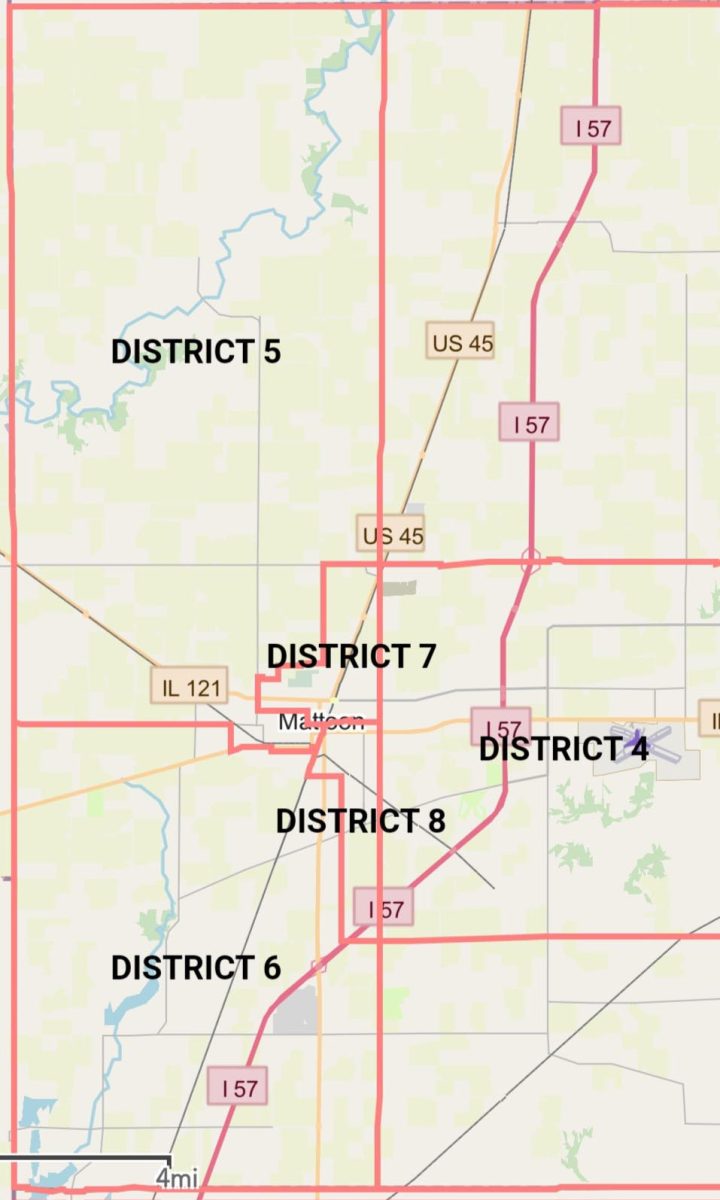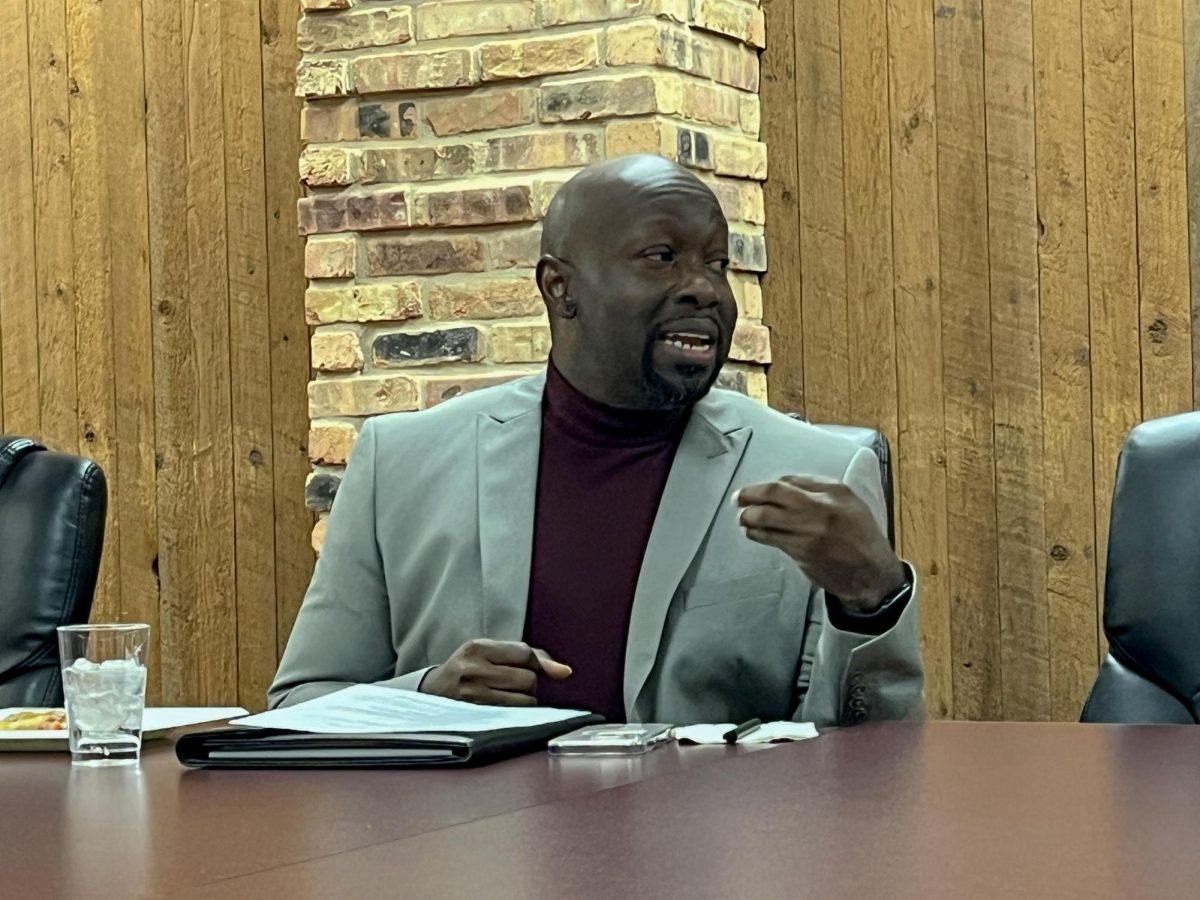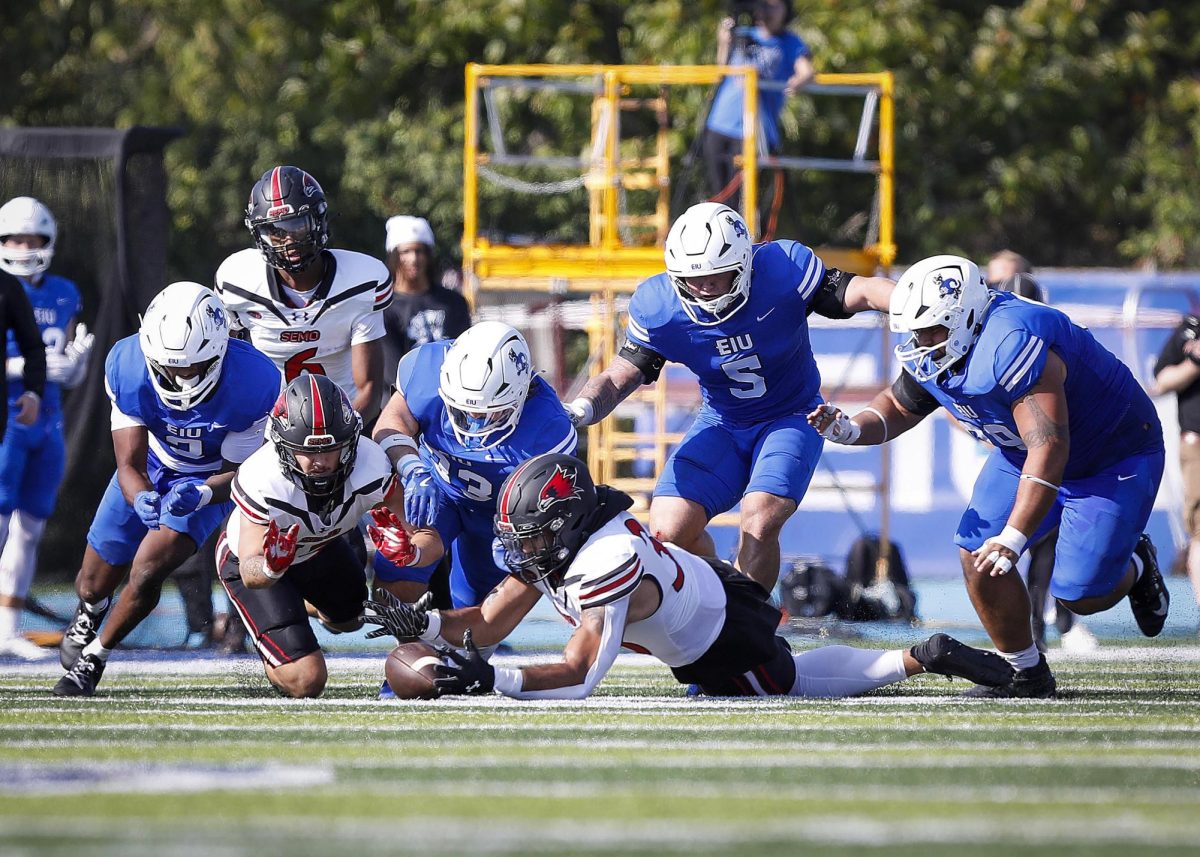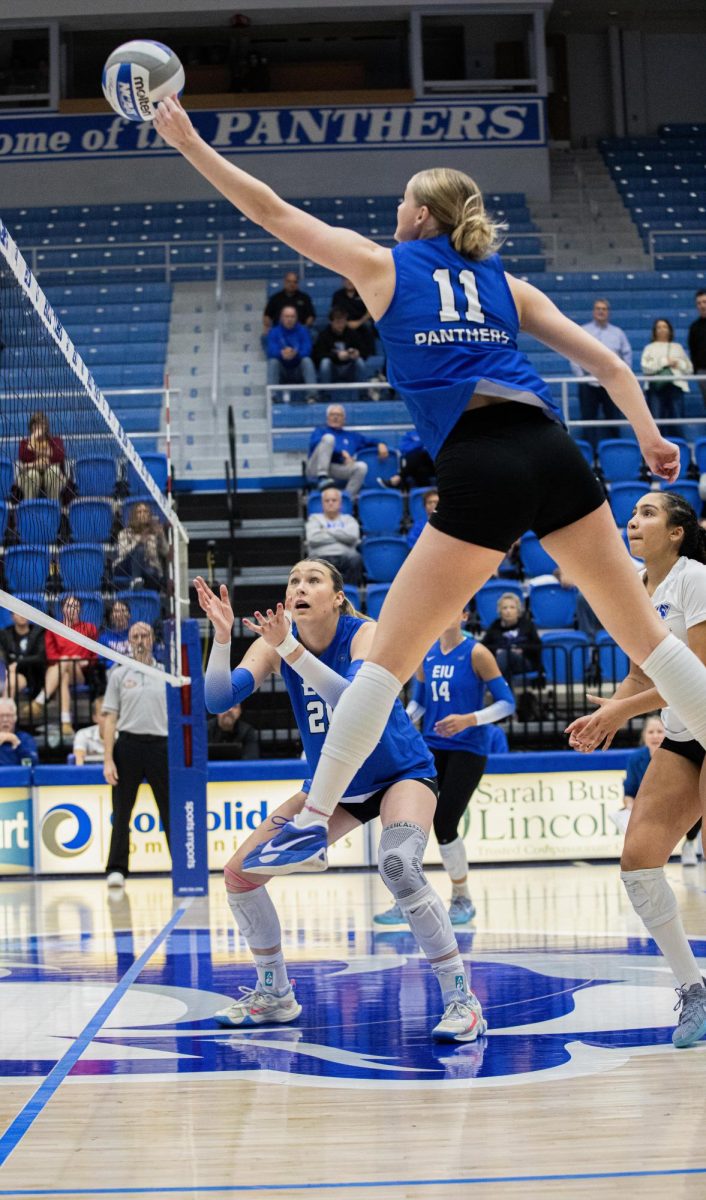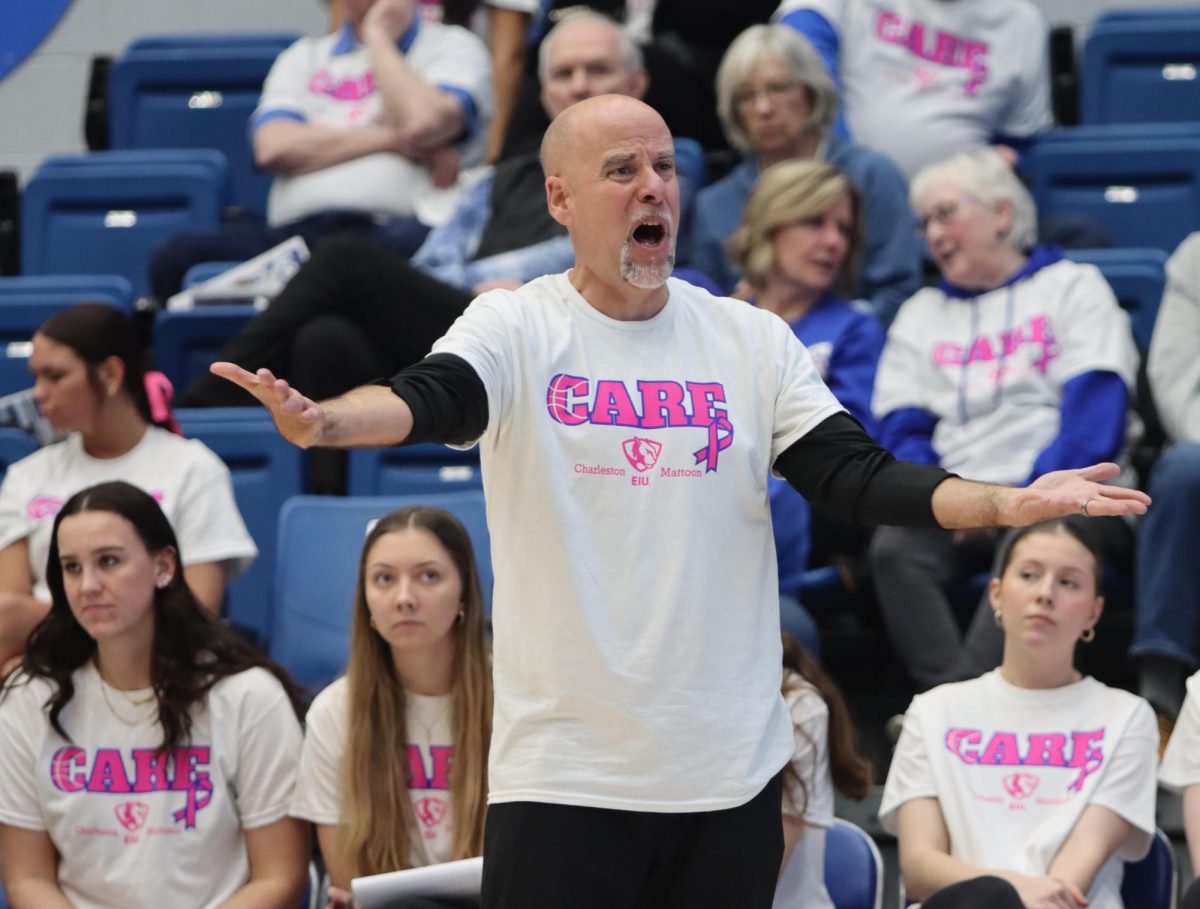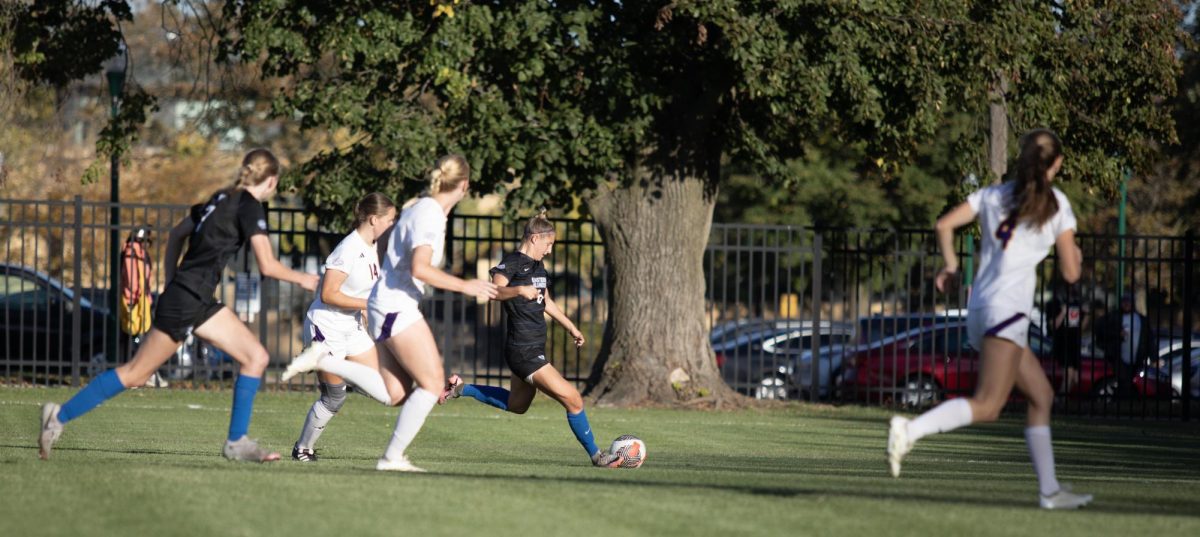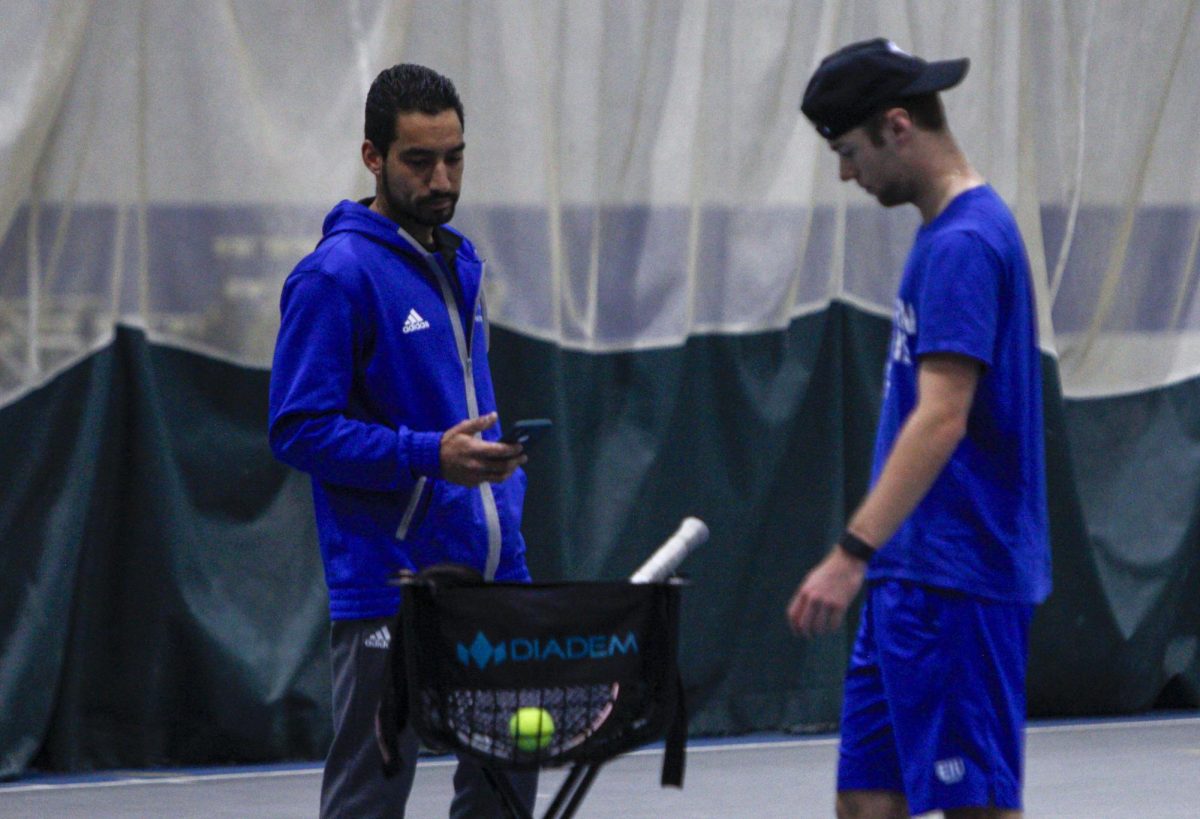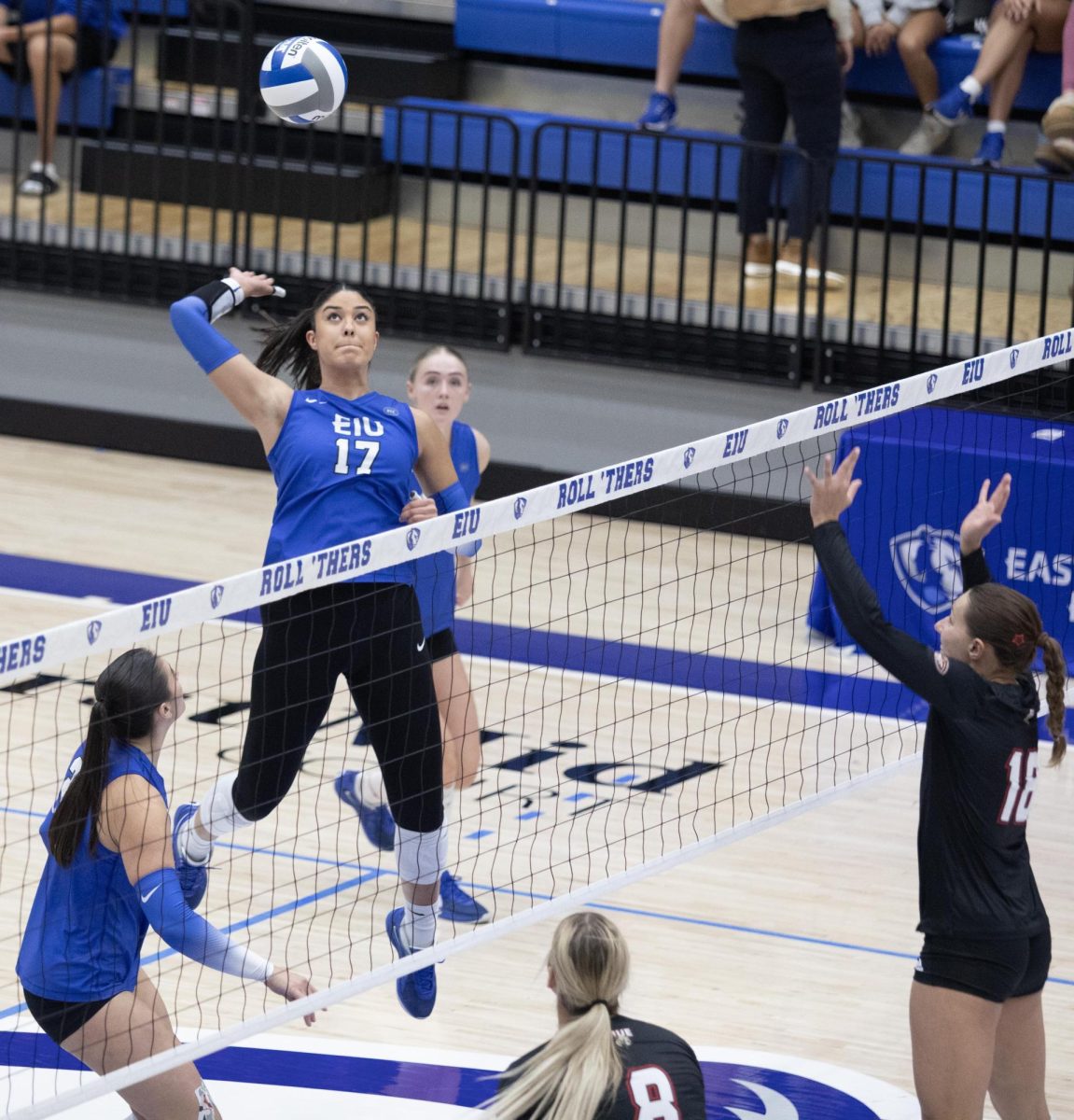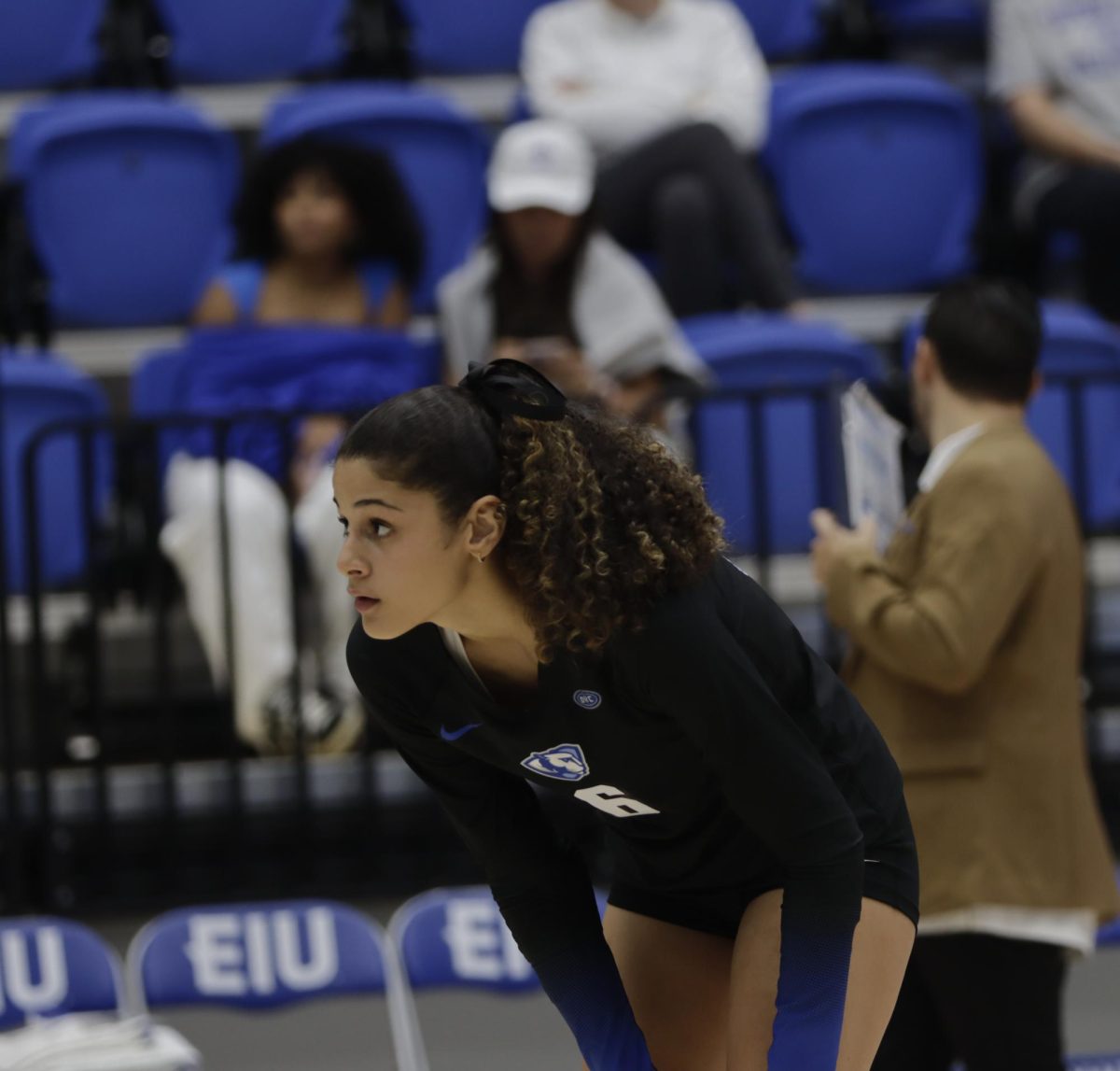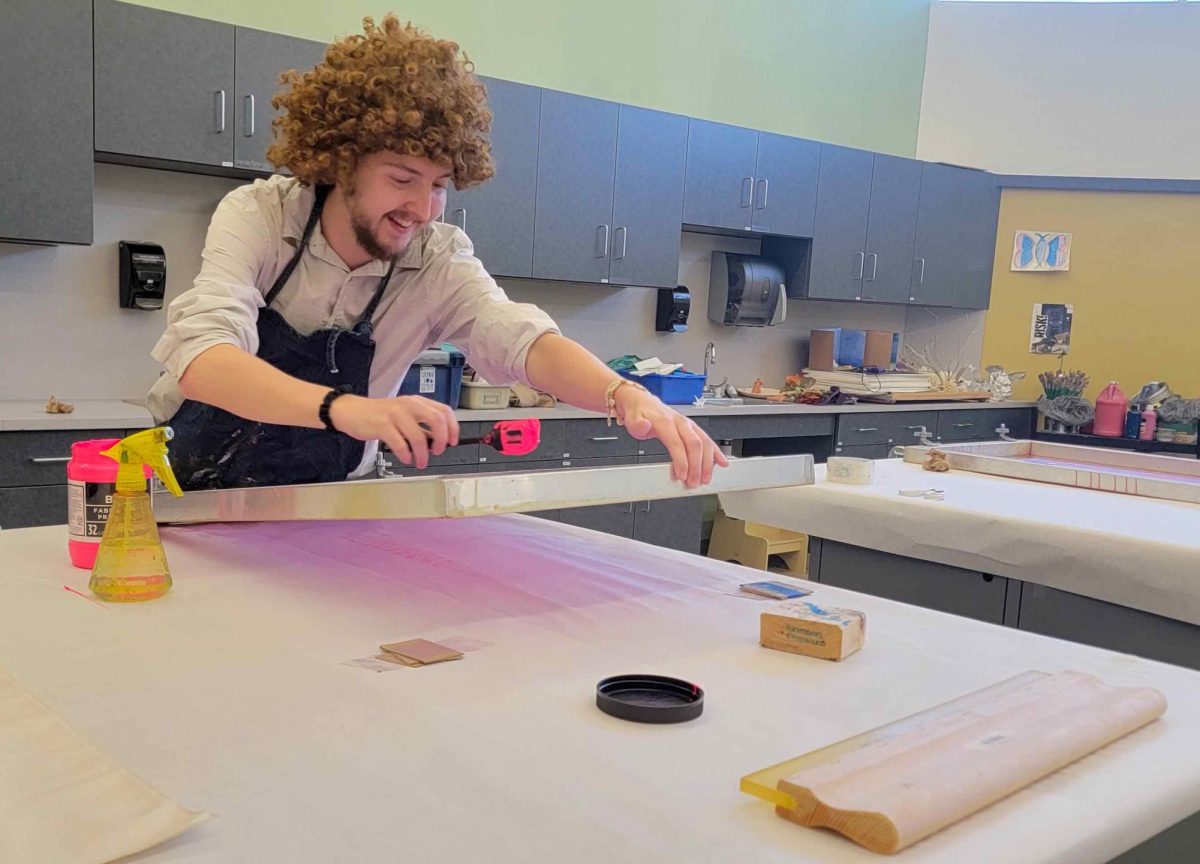CAA bylaw poses vitalization question
January 12, 2017
A bylaw stating that the Council on Academic Affairs has jurisdiction on the addition, deletion or revision of all undergraduate programs and what this could mean for the vitalization project was brought up at Thursday’s CAA meeting.
The article only pertains to undergraduate programs and excludes teacher preparation programs, which fall under the Council on Teacher Education.
The vitalization project consisted of nine Workgroups, seven that have finished meeting, which evaluated different parts of the university to be improved, eliminated or invested in.
Workgroup no.7 focused on Academic Programs and wrote in its report the bachelor’s degree in adult and community education; the bachelor’s degree in Africana studies; the bachelor’s degree in career and technical education; the master’s program in chemistry; the bachelor’s degree in philosophy; the pre-engineering program and the master’s program in special education should be deleted or consolidated. However, these are just recommendations.
Gary Aylesworth, a member of the Council on Academic Affairs, was the one who brought up the bylaw.
“We are in the midst of an ongoing process on campus in which recommendations for precisely these things are being made by another body and my question is, was Article 7 at any point agreed upon as an article that would not be enforced in this case?” Aylesworth asked.
Aylesworth questioned if the CAA had made any motions to suspend this article, to which Provost Blair Lord said no.
“The CAA is the duly mandated and authorized body for making these recommendations as approved by the Board of Trustees. There was no formal suspension of these rules so they are still in place,” Aylesworth said. “If you don’t have rules, you don’t have an institution.”
Lord said the administration would not make a decision or go forward with a decision until the CAA had a chance to weigh in on it.
“CAA decisions, at the end of the day, are always advisory to the president,” he said. “They could say ‘we think it’s a great idea’ and (Eastern President David Glassman) could accept their advice, they could say ‘it’s a lousy idea’ and he might say ‘I accept your advice’ or he could say ‘thank you for your advice, but I’m going to make my own decision.’”
The CAA, in this case, would be presented with a proposal to eliminate a program and the council’s votes, opinions and comments would be passed on to Glassman, who would consider it along with the information from the Academic Program Elimination Review Committee.
“The president is working against a timeline to share it with them,” he said. “The intent is not to cut CAA out; we will also include CAA.”
Aylesworth said because the bylaws give this responsibility to the CAA, he thinks there is a statutory problem that needs to be addressed.
“Things are moving relatively quickly now, and I think it’s time to address this,” Aylesworth said. “I mean it should have been addressed much sooner, but certainly this is now the time.”
If any new programs are approved for elimination, they will have to be voted on by the Board of Trustees.
“(The CAA) will be a part of the process as bylaws call for,” Lord said. “…Our general counsel believes it fulfills the letter and spirit of the bylaws.”
Other matters discussed at the meeting included revisions to the Family and Consumer Sciences Course 1120, Food Selection and Prep, FCS 2100 Personal Nutrition and FCS 3120 Food Science. All three revisions were unanimously approved.
The motion to remove BUS 2101 as a requirement for the dietetics option and reduce the hours to 79 was also approved unanimously.
A change to the policy of accepting dual credit was proposed and passed unanimously. The proposal was to make the requirements for getting dual credit the same as for getting credit for transfer student classes, instead of holding it to a higher standard.
Cassie Buchman contributed to this article.
Chrissy Miller can be reached at 581-2812 or clmiller9@eiu.edu.


